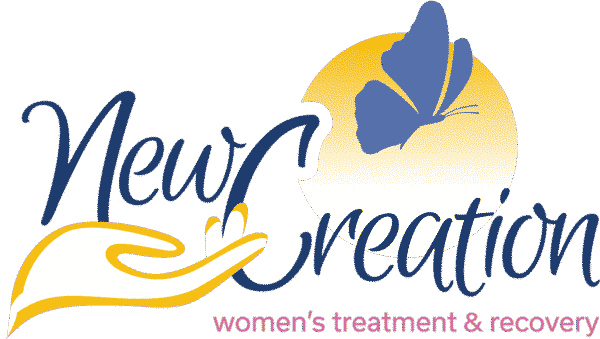
New Creation Treatment Philosophy
New Creation Treatment philosophy comes from our founder Glenn Swanson CADC II, MBA, who began residential drug treatment in 1991, after a long, destructive battle with cocaine addiction which cost him everything. After overcoming his struggles with addiction, he bought the first of his planned treatment centers (Upland, California) in 1994 with a mission to pass on the assistance and help he received to as many others as possible.
Glenn and our entire team personally understand the vicious toll addiction takes on people’s lives, relationships, emotional, physical and mental health, and their faith in themselves and in God. Since 1994 our New Creation treatment philosophy has been the same; help those in need. Every client has their own specially-made, individual treatment plan, designed to help our patients spiritually, emotionally, and physically. Guided by Christian addiction recovery specialists with care and compassion, we commit to every client who enters our doors.
Our Philosophy
Service
With Glenn’s vision and leadership serving as our guide, New Creation’s services center on the holistic approach to addiction therapy. Residential treatment, or even outpatient treatment, is only the first part of the ongoing journey toward recovery. We are dedicated to providing the most complete, professional and caring service possible.
The cornerstone of recovery is abstinence, so by using the template provided by the 12-Step programs of AA and NA, we help educate recovering addicts to avoid relapse triggers and temptations. Our staff is experienced in aftercare and well trained to give support to our patients in avoiding relapses and rebuilding their lives.
Why We Do This
Our proudest moments include seeing our patients complete the program and walk out our doors with a fresh look at life. They’re always excited but nervous to go back to the real world and begin their lives again. New Creation treatment philosophy means we offer continuing support for everyone who enters our care, providing outpatient treatment, entry into 12-Step programs, and alumni groups, which can make the difference between a long-term recovery and relapse. We do this because we’ve been there; we were helped and now we pay it forward.


